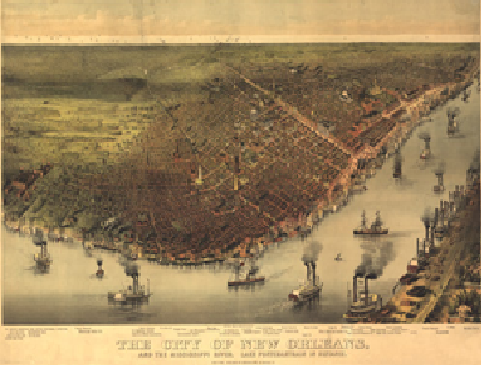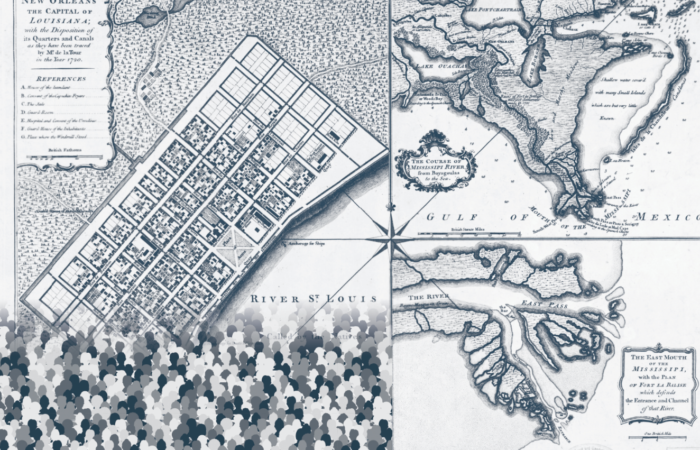
New Orleans and the Hollow Prize Problem: Structural Limits on Black Political Power
Published: Jan 10, 2022
Black mayors taking office was the culmination of many political efforts undertaken during the civil rights movement. However, Black mayors began taking office just as many residents were departing for the suburbs, tax revenues were dramatically shrinking, and some powers of the office were being curtailed. Mayors can fight systemic inequity by prioritizing the needs of low-income and working-class residents in their budgets, but in order to meet all residents’ needs, new methods of raising revenue will need to be crafted.
Introduction
Mayors in the United States often have more influence on the day-to-day activities of residents within their unique jurisdictions than any other elected office. While each U.S. president holds significant power as Commander-In-Chief, the primary direct interface most citizens have with the U.S. Government is either through its taxing function or by receiving some type of financial benefit such as Social Security or Medicaid. Each governor has wide powers in determining state funding priorities for highways, healthcare, and education, but not all citizens rely on these services to the same degree. Mayors, however, have a say in the provision of the services that residents use every single day. This includes water, sewerage, electricity, sanitation, roads, and drainage, to name a few.1
This paper examines the historical process that created the current structure, and explores possible solutions moving forward.
Citations and sources can be found in the PDF copy of the report.
Continue reading the full report [Download PDF]



